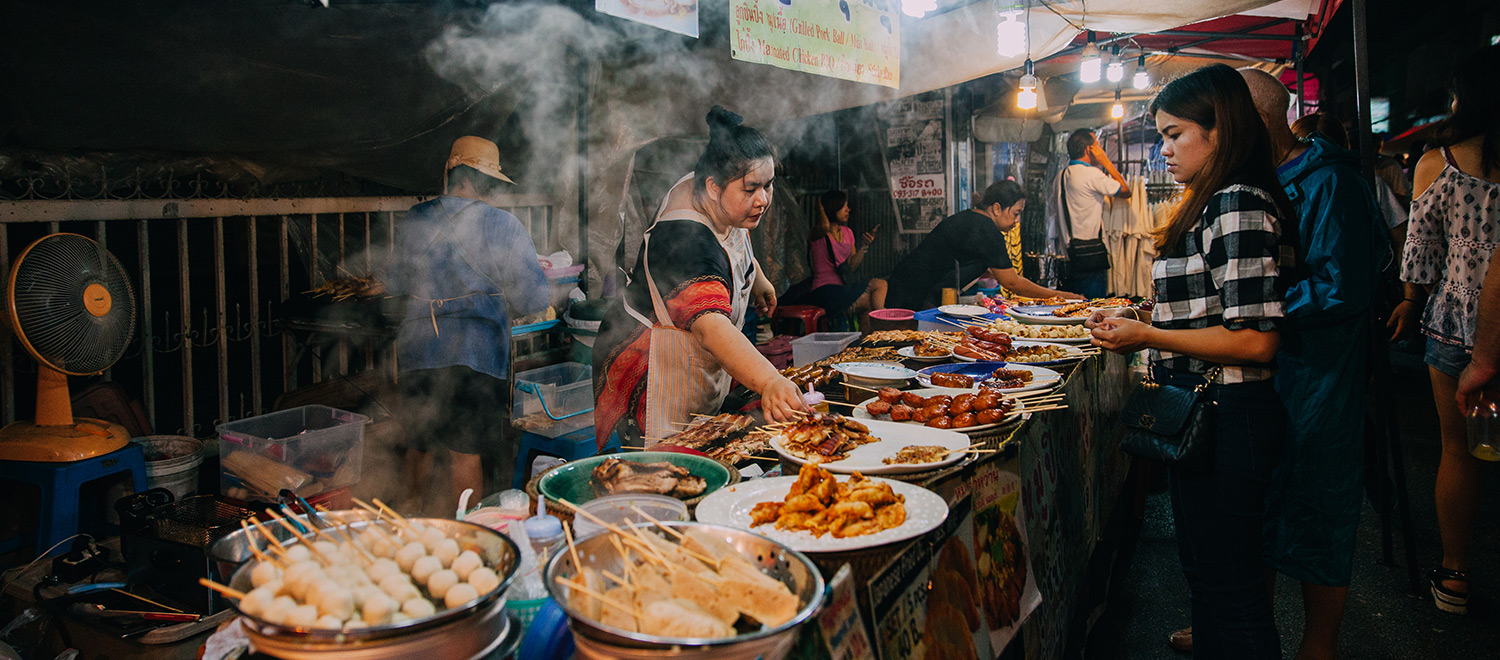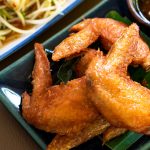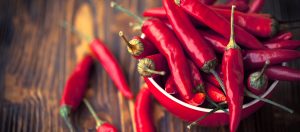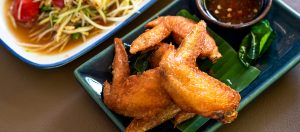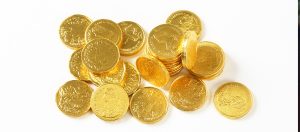A few weeks ago, I had the pleasure of spending the weekend in Portland and I stumbled across a Thai restaurant. What is so exciting about this Thai restaurant? It was exciting, because it was different, but different how?
Did you know that Thailand had actually bolstered the presence of Thai cuisine outside of Thailand to help increase exports and tourism? Back in 2001, the government aimed to establish at least 3,000 Thai restaurants worldwide. They trained chefs at culinary facilities and sent them abroad to open restaurants with the help of the Export-Import Bank of Thailand. There are now over 5000 of them in the United States today despite there only being about 300,000 Thai-Americans. The cuisine developed for imprinting in restaurants across the world took into account foreign tastes to ensure success and standardization. That is why so many Americans love “Thai food”, because it has generally been created to their flavor profiles and tastes. Gastrodiplomacy at it’s best.
And that is why for the most part, if you take me to a Thai restaurant it better be really good because I happened to have lived in Thailand for about 9 years, and likewise am half Thai. The government inception of Thai food love to Americans is why when people ask what my favorite Thai dishes are, they have never heard of them. Some of the best dishes I grew up eating don’t even exist here because it wasn’t part of the imprint, which brings me back to my experience in Portland. What was so exciting about this Thai restaurant, in Portland of all places?
It was exciting because the second I saw it, I had a great feeling of nostalgia wash over me from the dated Christmas lights that seem extremely out of place in August but in Thailand would tell me that this place has food!”
There were tables covered in tacky vinyl tablecloths and Thai political propaganda everywhere (another telltale sign of legitimacy). My excitement was uncontainable, so I picked up a menu and saw all the dishes that I grew up eating that I have never seen in Thai restaurants in the United States. Of course I ordered everything on the menu. Every item tasted phenomenal and was so well crafted to authenticity, that it could only have been created by a Thai Chef who had immigrated yesterday to cook in this restaurant or I was actually in Thailand and hallucinating being in Portland. Neither seemed very likely. Mid-meal, I just had to know who had created this amazing restaurant, so I pulled out my phone, fingers still sticky with chicken grease and did a quick search on the restaurant group and who the owner was…
It was owned by a FARANG! “Farang” is not a derogatory word, but is actually the Thai word for foreigner… Let’s just say I was stunned beyond belief. I didn’t know what to make of it, my mouth was burning from Thai chilies, stomach happy, mind confused and upset at how someone who wasn’t from Thailand could deliver an authentic experience. I asked the person working at the bar if it was true, and he confirmed that this restaurant and the others in the restaurant group are in fact owned by a “Farang.” Upon initial shock I felt swindled, but as the spice in my mouth had begun to settle, I could not help but think and commend the work that this person had done to deliver the most authentic Thai experience I have ever had in the United States and it wasn’t just about the food, but in fact about the subtleties that we sometimes miss that represent a culture. These subtleties or cultural nuances can only be leveraged from great understanding and knowledge of that culture but can be the defining differences that can help something stand out as authentic and not forced. Could it also be that a foreigner, someone with an outside perspective might have been able to pick up on these details instead of taking them for granted? I didn’t know that I took these things for granted until I saw them.
It’s the Christmas lights that dotted the restaurant, the vinyl tablecloths, the hideous green paint, the cheap plastic plates and paper thin napkins. It’s even the name of the restaurant “Whiskey Soda Lounge” a poor Thai-English translation at best that shows how well this individual understood Thai culture and could create an authentic experience.

